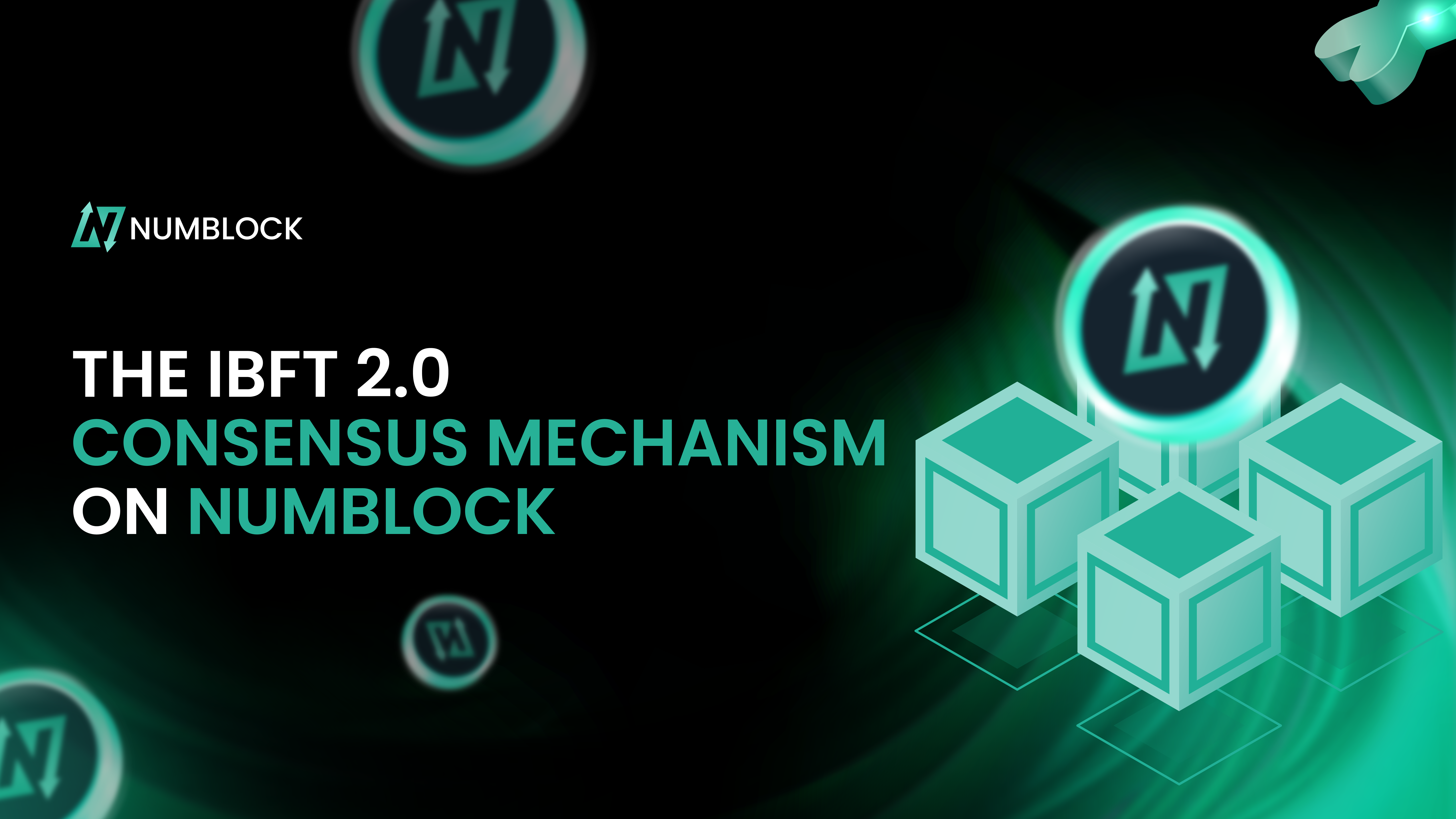In a blockchain network, validators play a crucial role in ensuring the accuracy and security of the transactions being recorded on the network. Validators are responsible for verifying transactions and adding them to the blockchain, as well as maintaining the integrity of the network.
Once the validator node is up and running, it will begin participating in the consensus process. This involves verifying transactions, creating blocks, and reaching agreement with other validators on the state of the network. Validators are incentivized to act honestly and follow the network’s rules, as they can earn rewards for doing so. However, if a validator acts maliciously or fails to follow the rules, they may be penalized by losing their staked tokens or being removed from the network altogether.
In conclusion, running a validator on a NumBlock network requires selecting the appropriate network, setting up a server, installing and configuring validator node software, funding the node with native token (NUMB), and participating in the consensus process. Validators play a crucial role in ensuring the accuracy and security of the transactions being recorded on the network and are incentivized to act honestly and follow the network’s rules.




